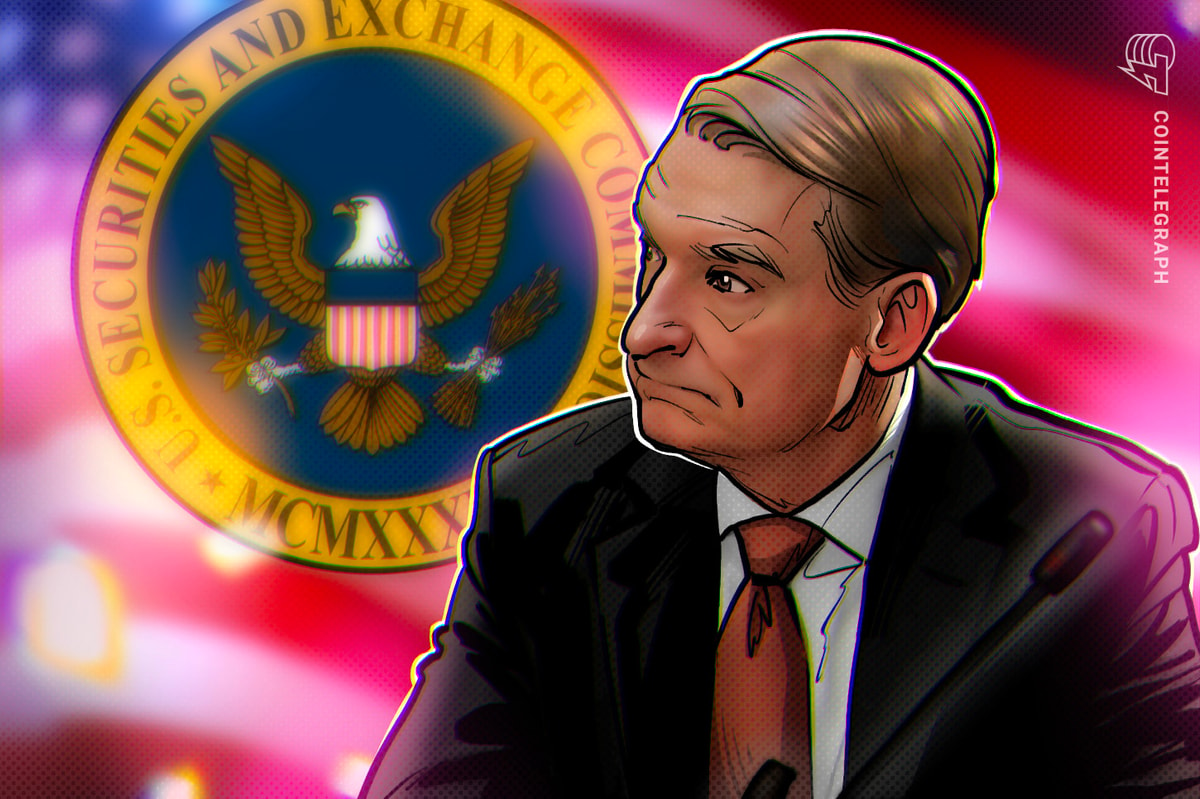While the approval of spot Ether exchange-traded funds (ETFs) is yet to be decided, it’s far from being a “done deal,” Kevin de Patoul, the CEO of digital asset market maker Keyrock, told Cointelegraph in an exclusive interview on Feb. 23.
“I do think there’s a high likelihood of Ether ETFs being accepted. The chances are definitely higher than 50%. I do think however, that it’s not a done deal, either.”
Ether ETFs have taken center stage in the cryptocurrency industry after wealth management firm Bernstein recently suggested that Ether may be the only other crypto to receive an ETF this year. Bernstein foresees a 50% chance of Ether ETFs being accepted by May 2024.
Investment banking giant JPMorgan sees a 50% chance of an Ether ETF by May, and Bloomberg’s senior ETF analyst, Eric Balchunas, forecasts a 70% chance of approval. Polymarket odds predict a 42% chance of an ETF approval by the end of May.

Keyrock’s de Patoul expects further challenges ahead of the Ether ETF approval, similar to the difficulties of getting the first spot Bitcoin ETFs approved in the United States.
One primary concern is that the Securities and Exchange Commission (SEC) Chairman Gary Gensler could classify Ether as a security. During previous congressional hearings, Gensler has declined to answer whether or not he sees Ether as a security risk, despite former SEC Division Director William Hinman rejecting the idea during a 2018 speech.
According to de Patoul, Ether doesn’t constitute a security, but the introduction of staking yield after last year’s merge transitioned Ethereum to a proof-of-stake consensus model, which could make it look more like a security offering from the SEC’s perspective.
Interest in Ether ETFs was reignited on Feb. 20, after Ether breached the $3,000 psychological price level for the first time in 22 months.
According to Keyrock’s de Patoul, Ether’s recent price action is a compound effect mainly driven by the excitement around a potential spot ETF and the upcoming Dencun upgrade.
“The Dencun upgrade will make the network better by improving scalability and lowering gas fees, creating more value for Ethereum, which translates into positive price action.”











